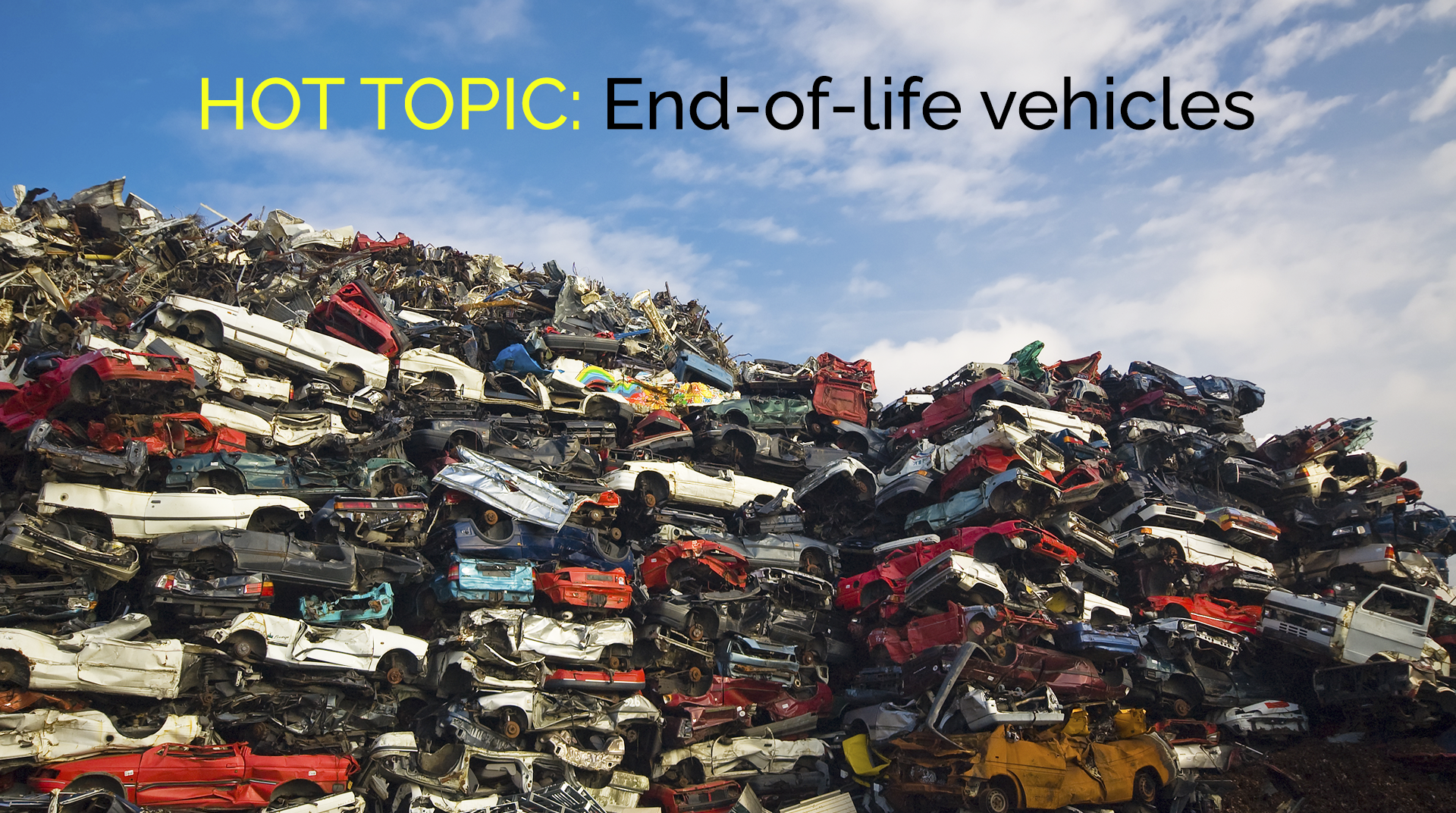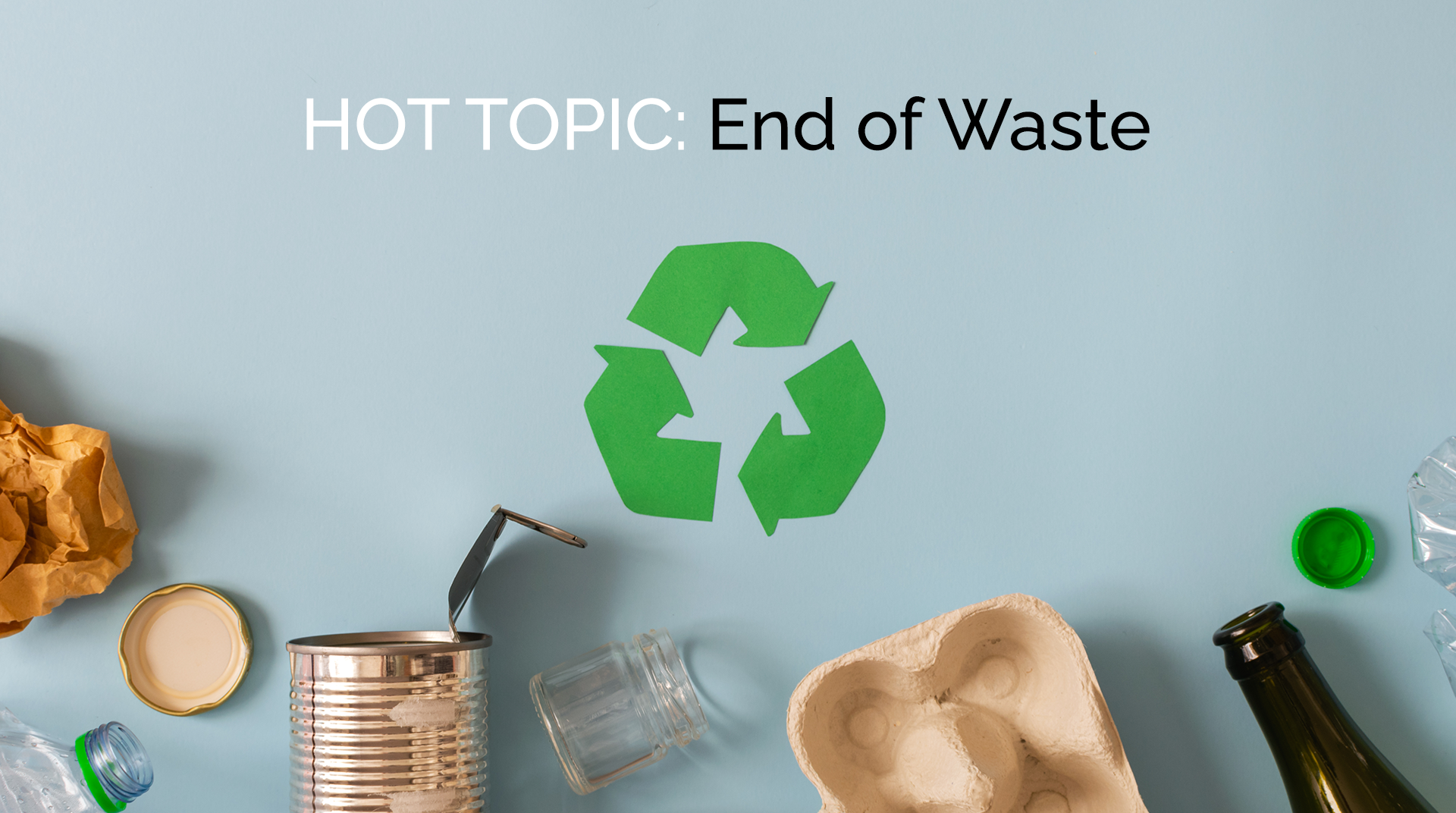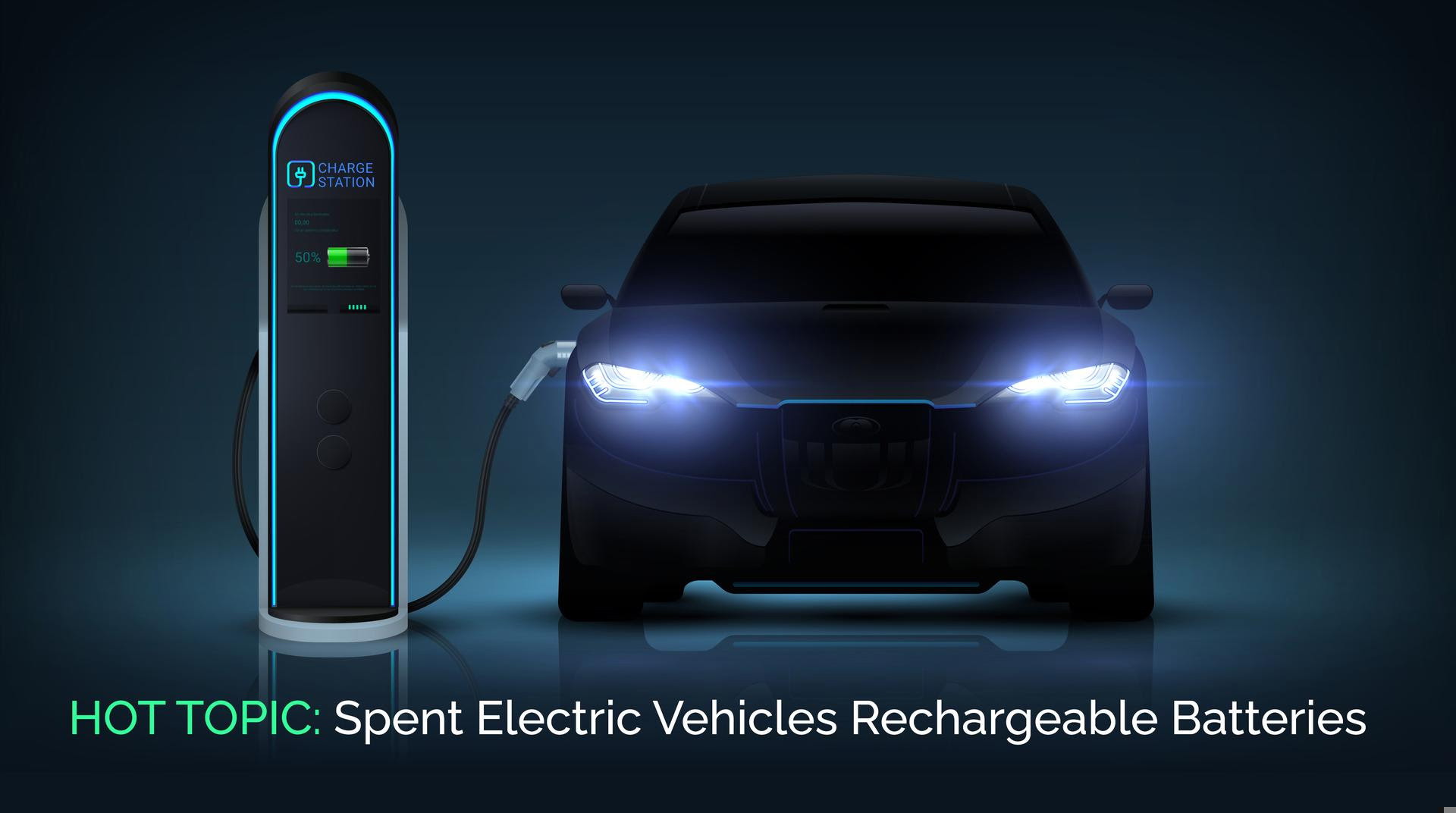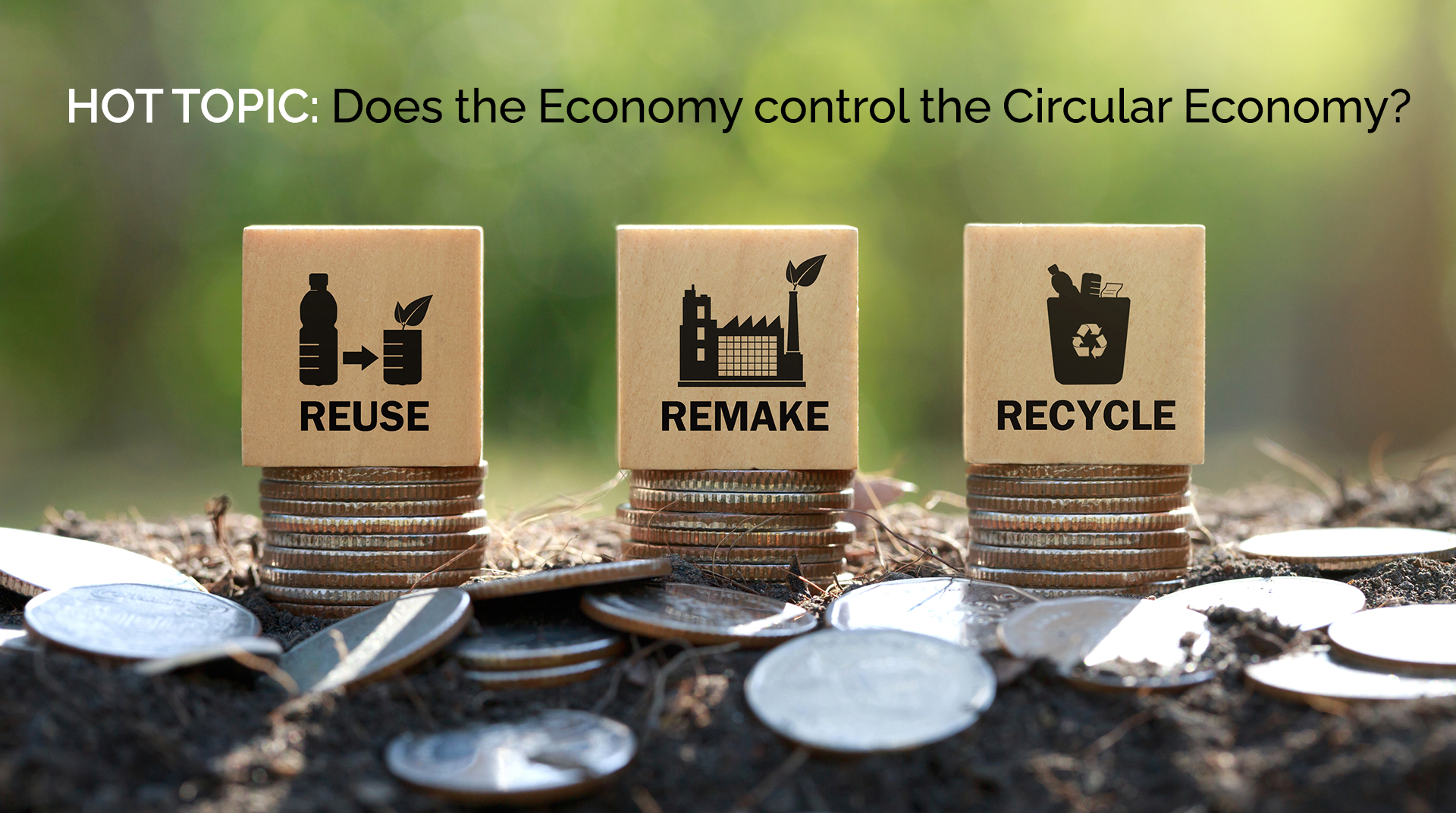Does the Economy control the Circular Economy?
by Prof. Rainer Stegmann, Hamburg University of Technology (DE)
Waste management focuses on Circular Economy to maximize material recovery by minimizing residual waste production. For main waste components recycling procedures are practiced with partly high material recovery rates. The recycling success depends on several factors where one of the main questions regards the economics: in how far do cost aspects hinder or promote material recovery and reuse.International experts will present and discuss this essential question at SUM 2024. Join the discussion! Submit your paper on this topic







